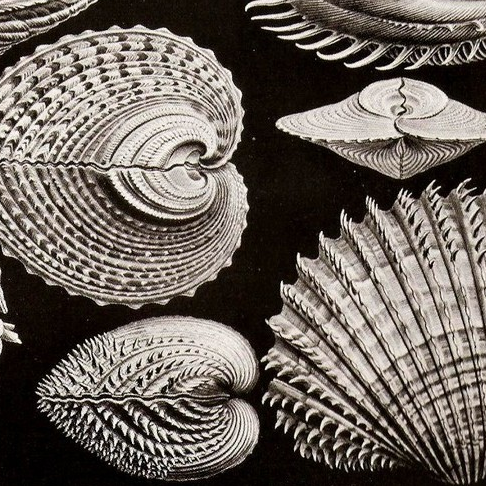Shells and Pebbles
Interesting finds on the shores of the history of science and the humanities
-
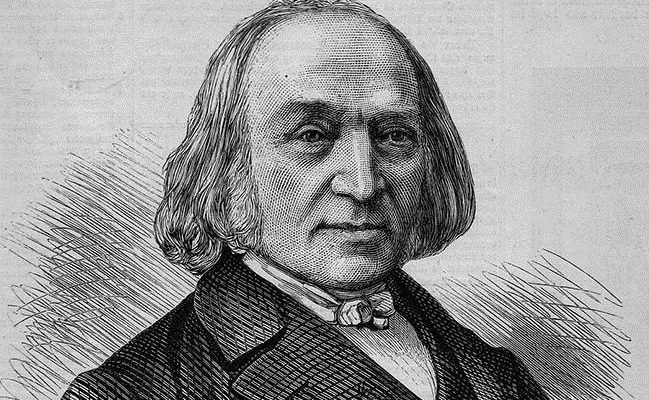
Gossip at the Academic Playground
Thinking about nineteenth-century scholars we tend to picture well-behaved members of polite society. The paintings and pictures of old faculty members that still adorn so many contemporary university halls and lecture rooms show earnest and erudite men who seem to be miles above ordinary pettiness. Some of these men have indeed made extraordinary contributions to…
-

The missing history of the ‘laws of nature’
As historians, we historicize. Indeed, it is our firm belief that everything in our world is open to historical analysis and that, in the case of a job well done, the result will invariably be a deeper understanding of the object of our study. In fact, the more timeless and placeless this object appears to…
-
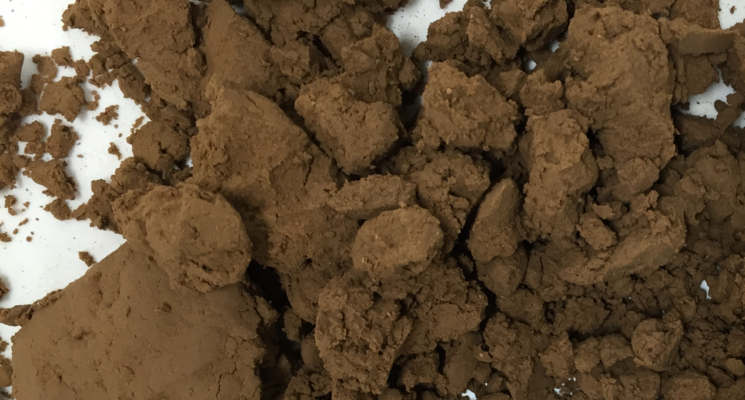
How to Read Early Modern Instructions for Gold- and Silversmiths
A fresh bag of Brussels sand had just been opened while six academics stood behind a workbench, feeling and touching the sand as if it had just arrived from Mars. In fact, I was about to start my first historical reconstruction of early modern gold- and silversmithing techniques. First step in the process was to…
-
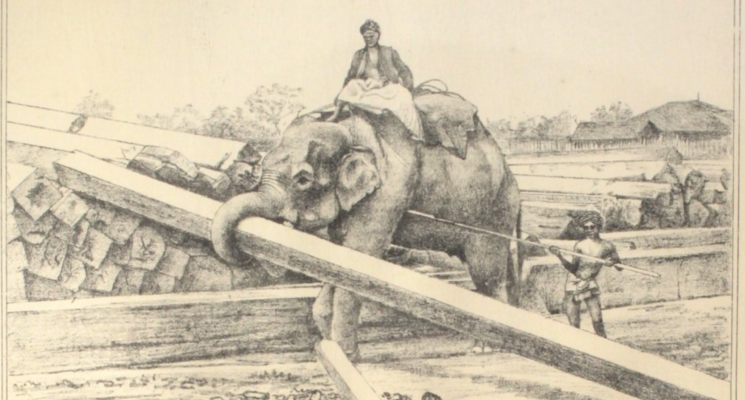
Framing Elephant Disease – John Henry Steel’s A Manual of the Diseases of the Elephant and of his Management and Uses (1885)
To nineteenth-century colonial Britons, the elephant was of great importance. Not only were these giants widely used in colonial enterprises such as the army and timber industry. The animal also figured prominently in the visual and literary culture of that time. In the British Raj, the theme of human domination over other animals served to…
-

The Belgian reception of relativity theory
In 1919, with the experimental verification of general relativity by the English astronomer, physicist and mathematician Sir Arthur Stanley Eddington, Albert Einstein’s theory came to be celebrated worldwide. Newspapers across the globe hailed Eddington’s observations as definitive proof of Einstein’s postulates on gravitation.
-
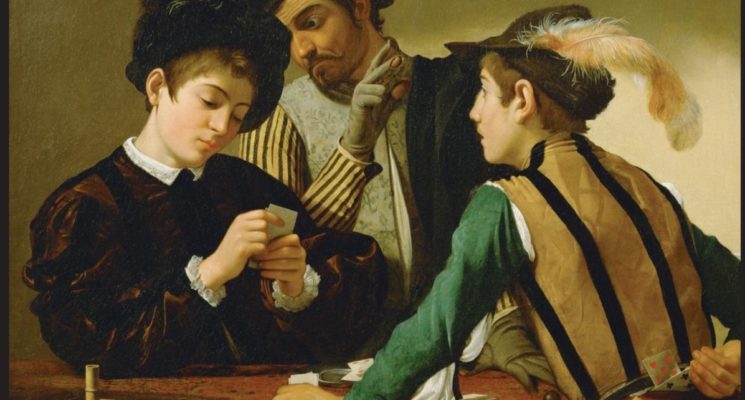
On Hacking’s Emergence of Probability
Ian Hacking’s The Emergence of Probability (Cambridge University Press, 1975), was in many ways the launching pad for history of statistics as a scholarly topic in (but not limited to) history of science. Like its author, the book resists classification. Ian took his graduate training in philosophy at Cambridge, and he preferred simply “philosophy” to…
-
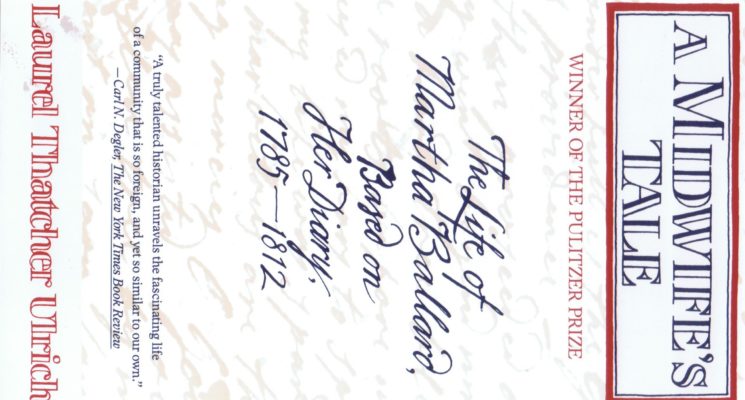
Looking Over The Historian’s Shoulder
I first encountered A Midwife’s Tale by Laurel Thatcher Ulrich twenty years ago when I was a teaching assistant for a course called Medicine and Society in America.[1] For Professor Allan Brandt, the book was of interest mainly for its content. Based on the diary of an eighteenth century midwife in rural Hallowell, Maine, Ulrich’s…
-
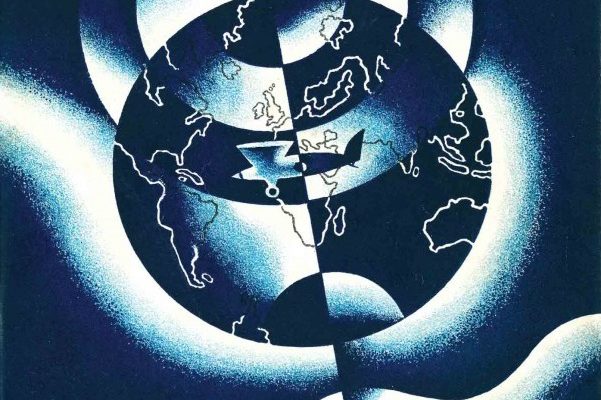
A Science of Science? Plato’s Charmides
Can a culture study its own knowledge? Yes, according to sociologist David Bloor. More than that: it is vital that we can look at our own scientific knowledge scientifically. Otherwise, there would be an “irony at the very heart of our culture. […] it would mean that science could not scientifically know itself.”[1] Speaking of…
-

SSK.O. ?
The recent discovery of gravitational waves has impressed many people and has caused considerable stir in the community of physicists. Surprisingly this commotion has not spread to the community of historians of science. This is surprising because I believe that the claim to have detected gravitational waves constitutes a serious blow to the stronger versions…
-

‘There he is, God, the Father’
In the winter of 1980, during the final months of her nearly 32-year reign, Juliana of the Netherlands received multiple distraught letters from subjects deeply disturbed by a news item making waves in national media.[1] In December, the Dutch Telegraaf had reported that a Leiden internist had taken blood samples from foetuses aborted in the…
-
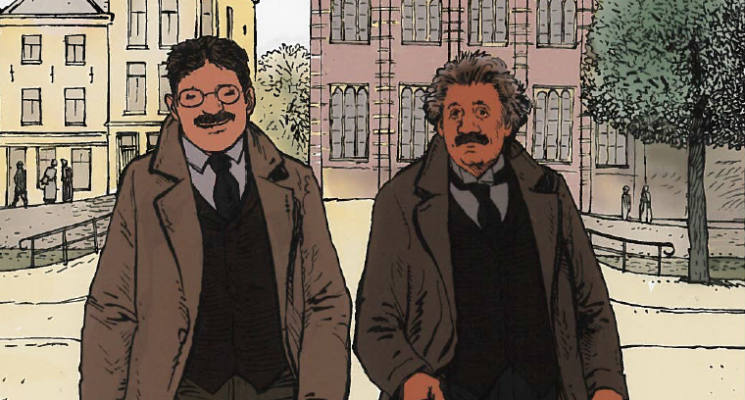
History of science in comic books
Fred de Heij (illustraties), Ad Maas (tekst), Ehrenfest! (Museum Boerhaave, Leiden 2015), 50 pagina’s, € 7,95. Als er één natuurkundige een stripverhaal waardig is, dan is het Ehrenfest. Zijn leven is op zich al bijna een stripverhaal. Deze energieke fysicus wist in een tijd van verwarrende ontwikkelingen de natuurkunde te verlevendigen door deze te vatten…
-
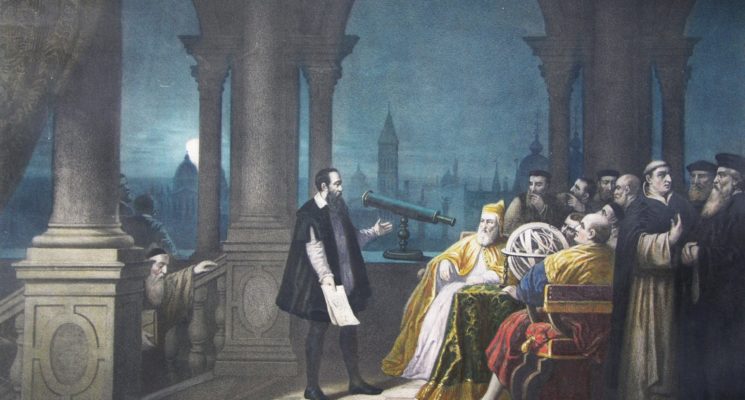
You can please everyone: a peace plan for David Wootton and Steven Shapin
David Wootton’s The Invention of Science (Allen Lane, 2015) is witty and learned and gloriously ambitious, and although I am not convinced that science as we know it came into existence in the seventeenth century, as Wootton argues, I do think that the seventeenth century is the one that lays the strongest claim to hosting…
-

How to write a history of the humanities: A report on a colloquium with Rens Bod and James Turner
On the first of February the early modern historical colloquium on the history of the humanities took place in the fully packed Sweelinck room of Utrecht University. For this extended colloquium the university invited Prof. dr. Rens Bod and Prof. dr. James Turner, two authors of seminal publications on the history of the humanities. Rens…
-
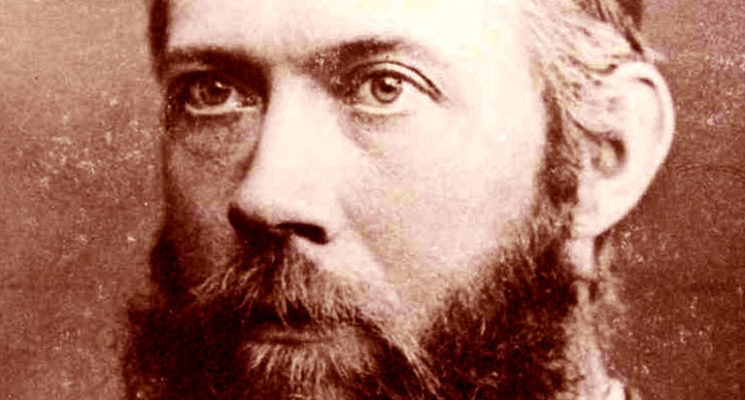
‘Everybody say Pannekoek!’
“Everybody say Pannekoek!’ ‘PENNNNEECOOOOKK’ ‘And again!” Emeritus-professor Ed van den Heuvel klom dapper op het muurtje in de tuin van het Trippenhuis van de KNAW om een uniek gezelschap te vereeuwigen. Rondom astronoom en socialist Anton Pannekoek (1873-1960) hadden zich op 9 en 10 juni wetenschaps-, kunst- en politiek historici, filosofen, kunstenaars en astronomen verzameld…
-
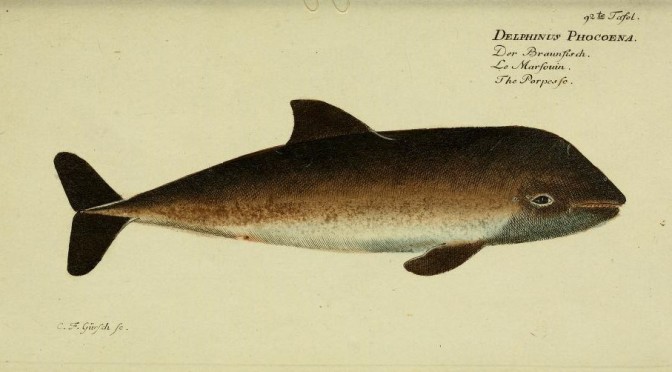
Enlightening Fish Books
When the French naturalist Bernard Germain de Lacépède died in 1825, fellow naturalist Georges Cuvier lamented this as a loss for the field of natural history. Lacépède, who authored the five-volume Histoire naturelle des poissons, ‘had a talent for finding the appealing side of the story of these organisms [fish] that seem to touch us…
-

“Alle Hybrides Tellen Mee”: een gesprek met Patricia Faasse
Op de hoek van de Roemer Visscherstraat hangt een plaquette van Aletta Jacobs –een paar meter verder ligt het gebouw waar de eerste vrouwelijke hoogleraar van Nederland rond diezelfde tijd haar eerste wetenschappelijke schreden maakte: Johanna Westerdijk. In wat nu het Owl Hotel heet ontmoet ik Patricia Faasse die over de botanicus en schimmeldeskundige Westerdijk…
-

The worms crawl in, and the worms crawl out: Charles Darwins pleidooi voor de pier
Tijdens mijn opleiding Archeologie besloot ik in de zomer deel te nemen aan een opgraving aan de Uithofslaan in Den Haag. Bij eerdere opgravingen was het fundament van een kloosterboerderij blootgelegd, samen met verschillende waterputten en een vloer van kloostermoppen. Deze boerderij stamt uit de 13de eeuw en was onderdeel van het cisterciënzer klooster ‘De…
-
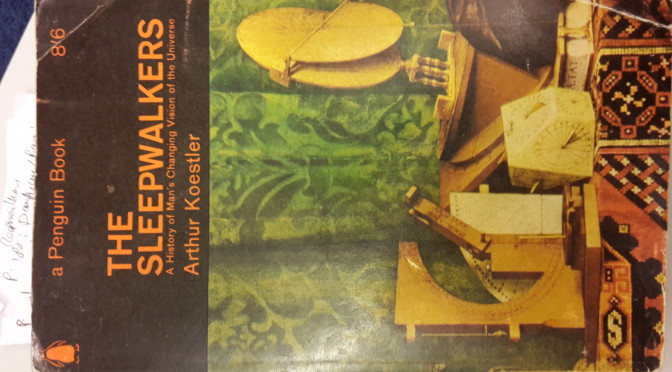
On Rereading Arthur Koestler’s Sleepwalkers
Johannes Kepler, Keppler, Khepler, Kheppler, or Keplerus was conceived on 16 May A.D. 1571, at 4.37 a.m., and was born on 27 December at 2.30 p.m., after a pregnancy lasting 224 days, 9 hours and 53 minutes. The five different ways of spelling his name are all his own, and so are the figures relating…
-

Een pleidooi voor het serieus nemen van de wetenschappelijke revolutie
Historici zijn er tegenwoordig snel bij om kritiek te leveren op het begrip “wetenschappelijke revolutie”. Zij hebben allerlei tegenstrijdigheden en verborgen aannames aan het licht gebracht, maar zijn minder ijverig geweest om uit te leggen in hoeverre het begrip, ondanks die tekortkomingen, nog gebruikt kan worden. Die taak lijkt niettemin nuttiger dan enkel kritiek leveren.…
-

Konnektivität und Verbindlichkeit: An interview with Jürgen Renn , Part II
In Part I of the interview Jürgen Renn, Director at the Max-Planck-Institut für Wissenschaftsgeschichte (MPIWG), spoke about his career and his perception of the relation between science and the history of science. In this sequel he speaks freely about his views on open access. Following the news on the demonstrations of students and professors in…
-
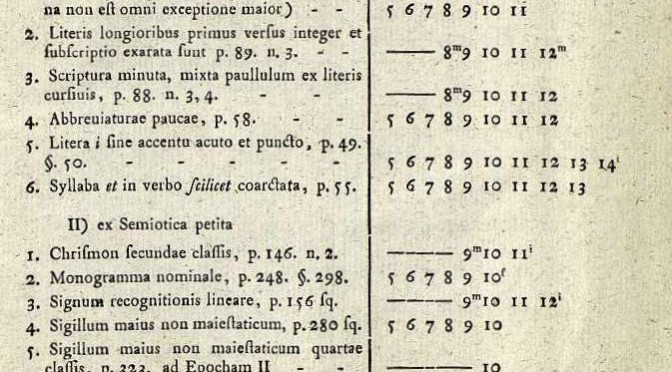
Paper Machines: the systems, maps, chronometers, and apparatuses of Johann Christoph Gatterer
Johann Christoph Gatterer was a data gatherer. As a professor of history in Göttingen, from 1759 until his death forty years later, he compiled collections of medieval manuscripts, coins, heraldic tables, maps, and even weather reports. He did not only collect them: he also transformed his hoard into manuals for studying heraldry and medieval charters,…
-

Konnektivität und Verbindlichkeit: An interview with Jürgen Renn
While still working maniacally on my thesis about the reception of Ernst Cassirer’s work on the history of physics, I let the U3 once again drive me to the green and wealthy Dahlem. This time it was for an interview with Jürgen Renn, Director at the Max-Planck-Institut für Wissenschaftsgeschichte (MPIWG). It would be our third…
-
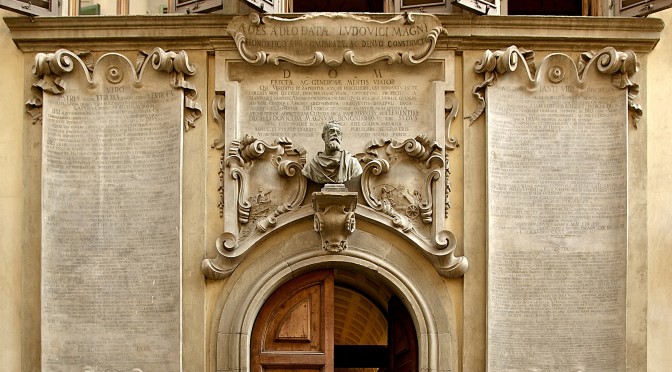
Famous, Shrewd, Florentine, Mathematician: Guess Who?
In 1611 an unknown novice recited a poem titled “Sonnet on the Death of the King Henry the Great, and on the Discovery of Some New Planets, or Stars Wandering Around Jupiter, Made this Year by Galileo Galilei, Famous Mathematician of the Grand Duke of Florence”.[1] The occasion was the three-day commemoration of the death…
-
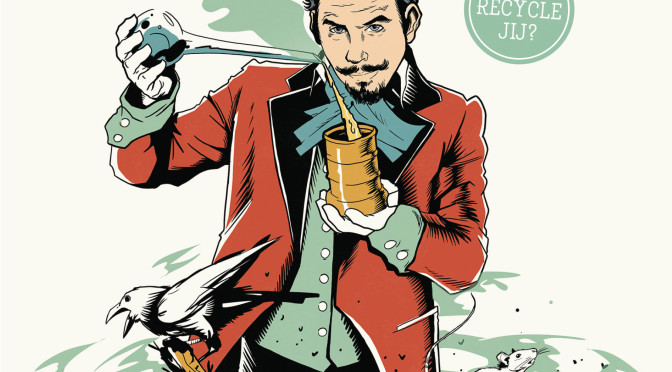
Pee in a jar?! Dirty Materials in History of Science
Objects can be a real pearl on the shores of history of science. Telescopes and steam engines still figure prominently in our field, and rightfully so. From the edited volume Making Instruments Count (1993) to Frans van Lunteren’s blog ‘Mediating Machines’ here at Shells & Pebbles, many scholars research the role of scientific instruments in…
